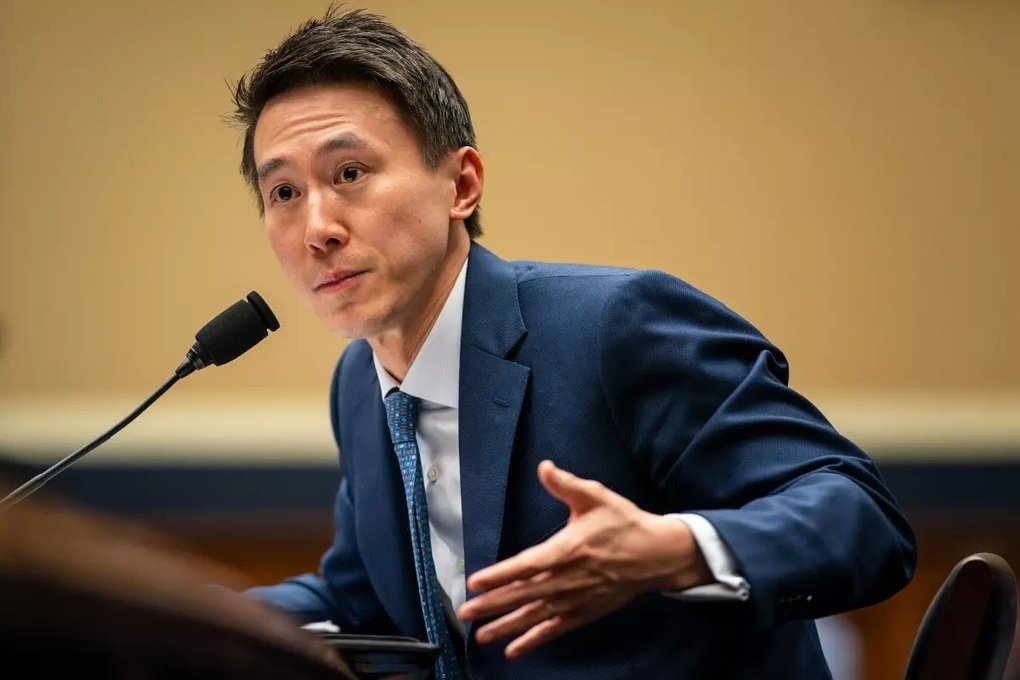(Dan Tri) – TikTok CEO announced he will fight in court to overturn a new law that could cause this popular application to be banned in the US.
Tiktok Chief Executive Officer (CEO) Shou Zi Chew (Photo: Los Angeles Times)
`Rest assured, we are not going anywhere,` Mr. Shou Zi Chew, Chief Executive Officer (CEO) of Tiktok, said in a video posted on TikTok on April 24.
Mr. Chew’s statement came right after US President Joe Biden signed a law related to the video sharing application TikTok.
The bill passed the Senate with a vote of 79-18, three days after the House passed it with strong bipartisan support.
`We will continue to fight for your rights in court. The truth and the Constitution are on our side,` Mr. Chew added.
The US law gives TikTok 9 months to divest from parent company ByteDance in China or be excluded from the US market.
US and other Western officials accuse the social media platform of allowing China to collect data and track users.
Before the vote on the bill in the US Congress, Director of the US Federal Bureau of Investigation (FBI) Christopher Wray said that TikTok’s parent company ByteDance is related to the `Chinese government` and is `trying to steal
TikTok has been in the `sight` of the US government for many years.
TikTok’s CEO said banning TikTok in the US would jeopardize the livelihoods of hundreds of thousands of Americans, saying that more than 7 million small businesses in the US depend on the platform.
In testimony before the US Congress last year, Mr. Chew confirmed that TikTok `has never shared or received a request to share US user data with the Chinese government` and if in the event of such a request,
Mr. Chew emphasized that TikTok over the years has built a `firewall` to protect US user data from the risk of illegal access by foreign countries.
Chinese Foreign Ministry spokesman Wang Wenbin accused Washington of `bullying behavior` and `leveraging state power` against ByteDance.
Besides the US, officials in many Western countries are also concerned that TikTok could leak user data and threaten their security interests.
